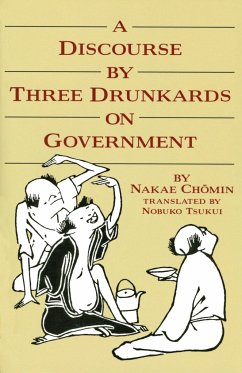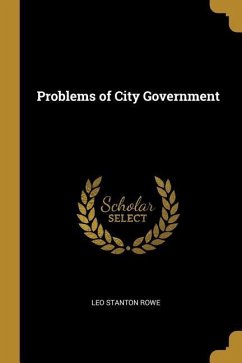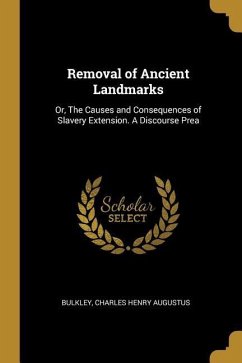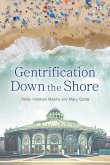A Discourse by Three Drunkards on Government takes the form of a debate between a spokesman for Western ideals of democracy and progress, and an advocate for adherence to traditional samurai values. Their discussion is moderated by the imperturbable Master Nankai, who loves nothing more than to drink and argue politics. The fiction of the drinking bout allowed Chomin to debate freely topical political issues, in a discussion that offers an astute analysis of contemporary European politics and a prophetic vision of Japan's direction. This lucid and precise translation of a delightful work has been designated one of the UNESCO series of classics of world literature.








